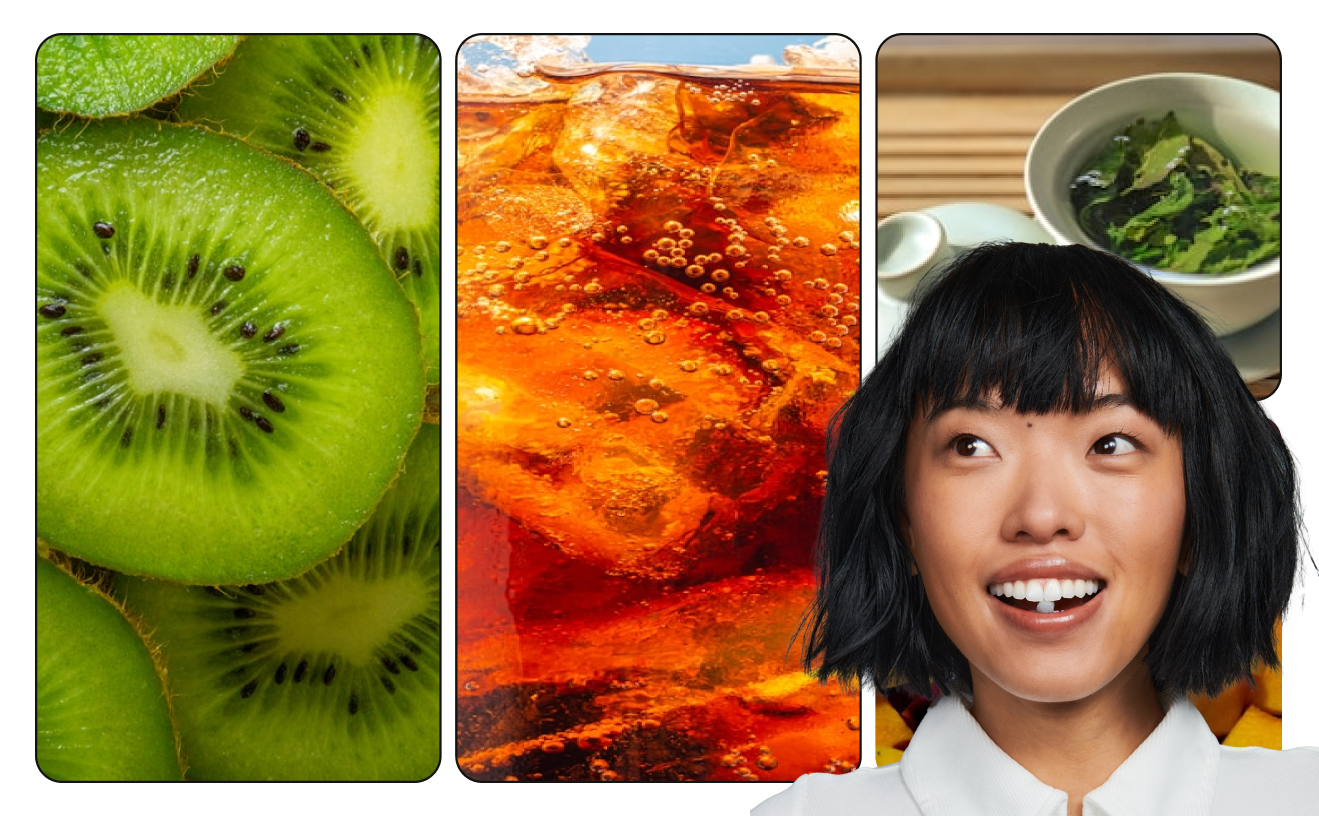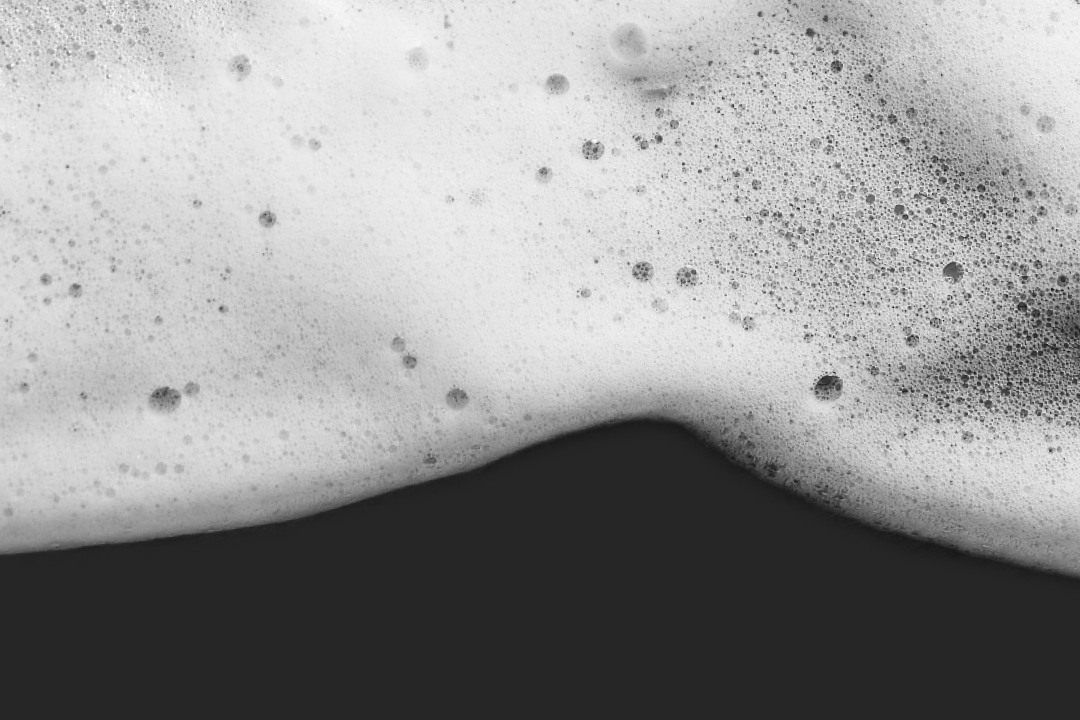Squalane Benefits: Reduces Redness, Soothes Skin & More
You’ve probably heard all about products with ingredients like shea butter, vitamin E, and other ingredients that nourish your skin. There is another ingredient, however, that is gaining popularity when it comes to skin hydration, and that is squalane.
Squalane is a powerful tool for keeping your skin hydrated and happy, and here you will learn the important role that squalane can take on in your skincare routine.
What Is Squalane?
Squalane is a substance known for its moisturizing and hydrating properties.
Squalane, in its simpler form, is known as squalene. To make squalane, hydrogen is added to squalene, and this process helps increase its shelf life and create a more solid substance suitable for skincare products.
Squalene and Squalane: What’s the Difference?
As mentioned before, squalene and squalane are a bit different in terms of structure and purpose. Allow us to explain!
Squalene
Squalene is a fatty acid that is actually produced naturally by skin cells in small amounts, but it can also be found in plants like olives (which means olive oil, too!) and sugarcane, as well as animal sources like shark liver.
Though squalene is a naturally produced substance, it is not stable enough to be used on its own in skincare products. That is where squalane comes in.
Squalane
Squalane is created during hydrogenation, meaning that hydrogen is added to squalene to make squalane.
Squalene needs to be hydrogenated to be used for skincare products because it spoils too quickly in its natural state. When hydrogen is added, it becomes more stable, has a longer shelf-life, and is more friendly to your skin.
Where Does Squalane Come From?
The first source of squalene came from shark liver oil in Japan in 1916. In time, squalene became useful for both skincare and the medical field.
In addition to skincare, squalene can be used as an adjuvant in vaccines. An adjuvant is a tool used to increase the efficiency of medications and vaccines.
The Ethical Cost
Though squalene can be sourced from plants, the richest source of squalene is found in shark liver oil, unfortunately. Of course, this raises a major ethical and environmental concern.
Though taking care of your skin is important, it is also crucial to take care of the earth as well. Because a good deal of squalene needed to create squalane is sourced from sharks, the ecosystems these sharks inhabit are in trouble.
Sharks are vital to the survival of marine ecosystems because they are known as apex predators. Apex predators are animals that are towards the top of the food chain.
Sharks are incredible creatures because they do not have many natural predators and balance out their ecosystems by keeping different fish populations at bay that may be predators to others.
So, why are these marine ecosystems and ecosystems important in general? Ecosystems are the lifeblood of our planet. They provide life-giving and sustaining resources that we need to survive.
With actions like unethical sourcing of squalene, pollution, and overconsumption, we are damaging our earth, especially in our everyday routines.
At Bite, we understand that the earth we have is the only one we’ve got — and that taking care of the planet and ourselves should work together.
Our personal care products have clean, vegan ingredients packaged in materials that help reduce waste. You do not have to choose between quality and taking care of the earth with our products — because why should you have to?
Alternative Sourcing
Though squalene used to make squalane is commonly sourced from shark liver oil, there are effective alternatives that are found in plants (woohoo!)
Squalene can be found in plant sources like olives and amaranth, and this discovery both emphasizes how amazing plants can be and the positive impact that plant sourcing has on the environment.
How Are Squalane and Hydration Related?
The main characteristic of squalane is its ability to hydrate your skin. Hydration is crucial for skin health because it helps to keep your skin moisturized and prevents issues like dryness and irritation.
Squalane also moisturizes your skin while keeping that moisture in, but what is the difference between hydration and moisturization?
Hydrating and Moisturizing: What’s the Difference?
Using skincare products that work to both hydrate and moisturize your skin is crucial to its health. These terms are often used interchangeably but are quite different.
Hydrating skincare products will attract water to your skin from both the environment and the lower layers of your skin. Some common hydrating ingredients are honey and glycerin.
While hydrating ingredients attract water and moisture to your skin, moisturizing ingredients will help keep that moisture on your skin to prevent water loss.
There are different types of moisturizing ingredients that have different purposes. For example, occlusives are oils that form a barrier on your skin to prevent loss of moisture, while emollients strengthen your natural skin barrier, improving the appearance of your skin.
What Are the Other Benefits of Squalane?
In addition to its moisturizing and hydrating abilities, squalane has many other properties that go beyond the skin!
Soothing Properties
Swelling is the culprit of a multitude of physical health issues and can cause irritated, red skin.
Several skin conditions cause swelling and irritation, like eczema, psoriasis, and dermatitis, and these conditions also cause dry skin.
By using squalane, you may be able to reduce irritation and swelling by keeping your skin moisturized. Always consult a doctor before using squalane or any remedy if you have any skin conditions.
Redness Reduction
Lack of moisture can cause redness and dry, cracked skin. These issues become more common as you age since your body produces less squalene over time.
Luckily, squalane as a skincare ingredient is a great tool for reducing skin redness. Since redness is usually caused by dryness or irritation, squalane’s soothing and nourishing properties help to calm your skin.
Hair Benefits
Not only is squalane effective for keeping your skin smooth and hydrated, but it is also effective for keeping your hair healthy as well.
Hair is another part of your body that can become dry and damaged, and squalane is the perfect remedy for these issues.
Using squalane oil on the ends of your hair is a simple and easy way to keep your hair moisturized and is great for helping your hair recover from the damage that comes from heat and weather.
Acne
Some of us have gotten over our acne issues that plague many people in their teens, but some people still deal with acne issues into adulthood which is completely normal.
Though normal, having acne is frustrating, especially when your products are not working.
Luckily, squalane helps promote overall skin health and a balance of the skin’s natural oils, which can influence the appearance of acne.
Most types of acne are caused by sebum and dead skin cells that clog your pores. When you have dry skin, your skin will produce excess oil to compensate for lost hydration which can cause acne. If you have oily skin or acne-prone skin, your skin may naturally produce excess oil that can lead to breakouts.
Because squalane hydrates and locks in moisture, it can be the perfect addition to your skincare routine. However, it is important to consult a dermatologist before using any substance to treat acne.
How Should I Use Squalane?
There are several ways that you can use squalane to promote healthier skin and hair. However, it is crucial to use products that are both effective and work well for your skin type.
Topical Application for Skin and Hair
With such a large focus on skincare benefits for the face, the body often gets neglected. However, taking care of the skin on your body is just as important!
At Bite, we know how difficult it is to find effective moisturizers with clean, quality ingredients.
Countless moisturizers are formulated with harsh chemicals like parabens and are watered down, with water being the first ingredient. We also know that it is almost impossible to find a moisturizer that isn’t heavy, greasy, and encased in plastic with pumps that get clogged too often.
That’s where we come in!
Our Body Balm is a solid moisturizer made without plastic and without water. Not only is our body balm plastic and water-free, but it also has clean, effective ingredients that are vegan and cruelty-free.
One of the main components of our body balm is, you guessed it — squalane. The difference is that our squalane is 100 percent vegan — no sharks involved.
Our body balm is also packed with nutrient-dense ingredients like shea butter rich in vitamin E and sunflower seed wax that is abundant in vitamins A, D, and E to nourish and soften your skin.
In a recyclable and refillable package, our body balm is travel-friendly so that you do not have to worry about keeping a bulky bottle of lotion with you when you’re on the go.
With our zero-plastic packaging, you are keeping both your skin and the earth happy and healthy (pat yourself on the back).
The Bottom Line
Finding products with sustainably sourced squalane is crucial to caring for your body and the planet. Thanks to plants, finding ethically sourced squalane is possible!
Remember that we all have different skin types, and it is important to find products that work well with your skin type.
At Bite, we create products that are gentle and effective and that keep your health and the health of the earth in mind. With our body balm, incorporating squalane into your everyday routines while also cleaning up our earth has never been easier!
Sources:
What is SQUALANE | EWG Skin Deep®
Squalene | American Chemical Society
Ecological Importance of Sharks | The World Overlooked
There might be shark in your sunscreen | National Geographic
The importance and perspective of plant-based squalene in ... | NCBI


